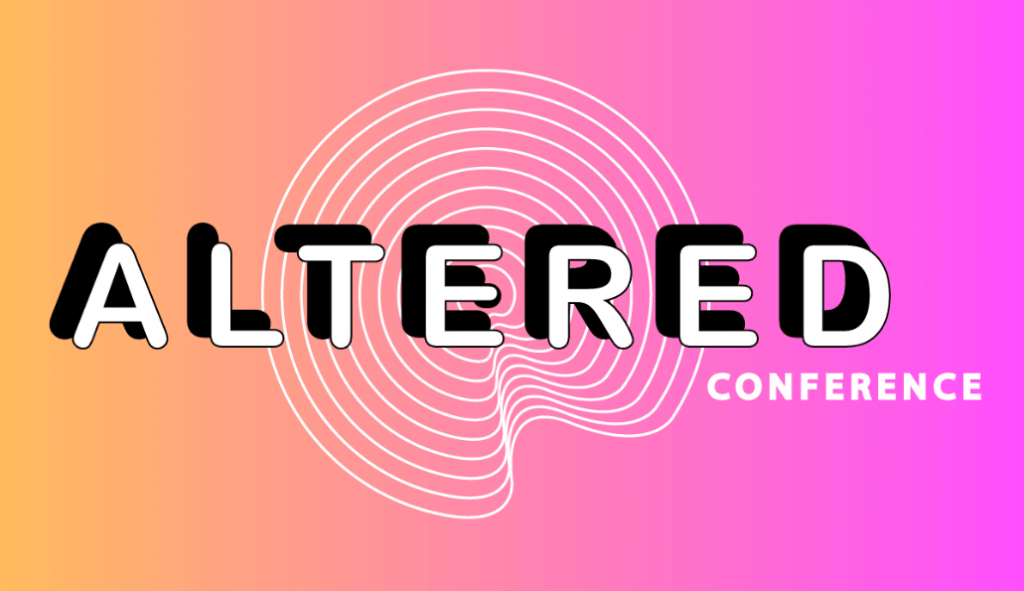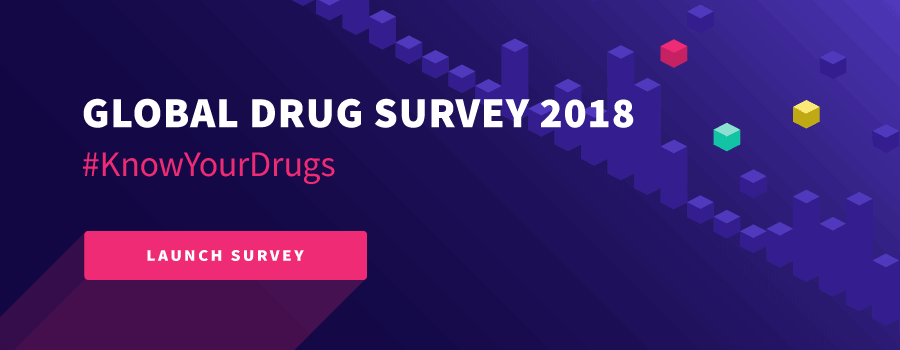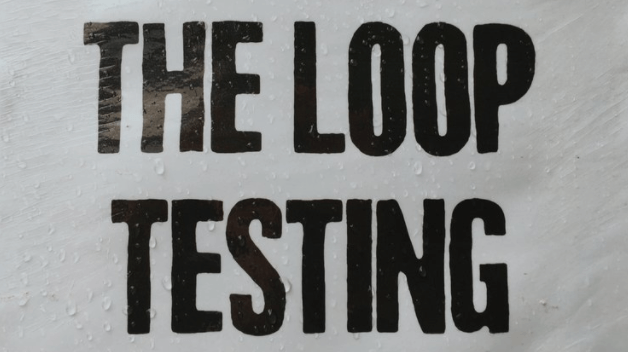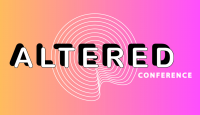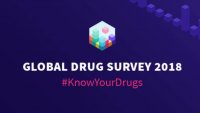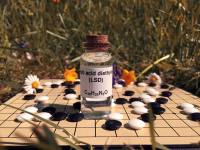
Psychedelic Harm Reduction at Altered Conference 2017
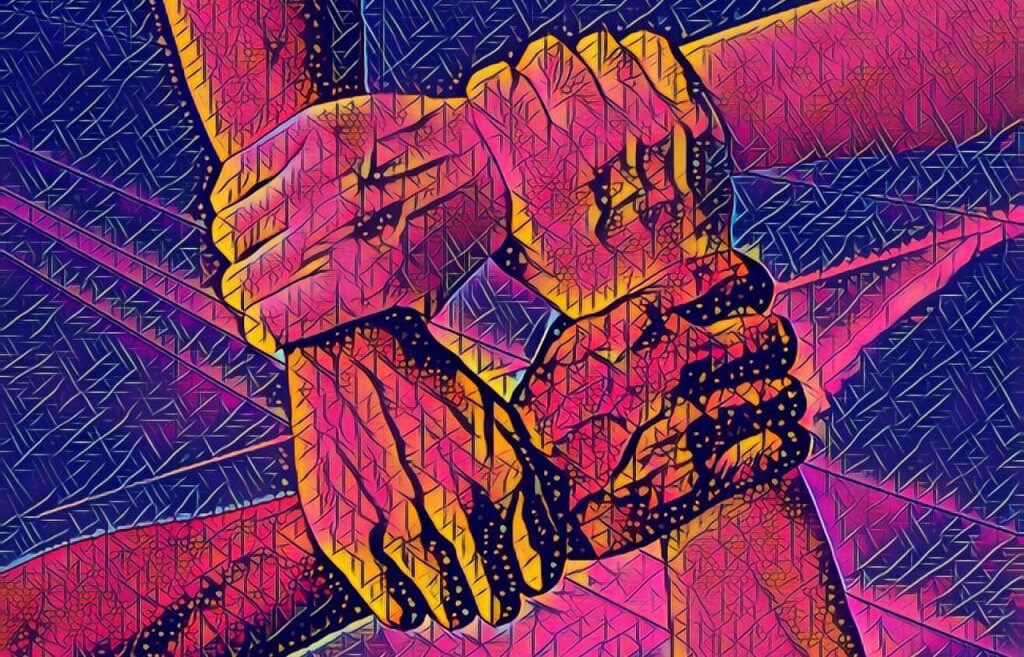
There is a universal need for harm reduction when it comes to drugs and drug taking, and psychedelic substances are no exception. While they rank among the least risky when compared with other drugs, basic drug safety education remains essential, as does the presence of a support community to help integrate challenging psychedelic experiences. This was one of the threads running through last month’s Altered Conference in Berlin – a two-day gathering exploring psychedelics and altered states of consciousness.
Recent study results from the Beckley Foundation and leading research institutions are giving weight to the idea that psychedelic-assisted psychotherapy can help many people with mental health problems. Clinical studies currently underway are looking at the effectiveness of psychedelics and MDMA to help treat addiction, treatment-resistant depression, PTSD, and end-of-life anxiety.
While invaluable research tools, clinical studies by their very nature take place in controlled settings. Participants are watched over by at least one trained psychiatrist – often more – while vitals are measured, and austere environments are made as relaxing as possible. Of course, this way of ingesting psychedelics represents a mere sliver of how the rest of the world has consumed them for millennia.
According to results from the Global Drug Survey 2017, psychedelics are currently taken by a diverse group of people in a wide variety of contexts. (This year’s GDS is asking psychedelic users to share information about their first trip, which you can do here as a digital form of harm reduction.) Music festivals are often where people take drugs recreationally – they are also places that churn with people, where sensory stimulation is cranked up, and the potential for stressful and disorientating experiences peaks. In festival settings, people take psychedelics with the aim of having a good time – and by and large they do – but often aren’t prepared for when challenging experiences come their way.
Boaz Yaniv, one of the speakers at Altered Conference, manages the biggest psychedelic harm reduction project in Israel: the “Anashim Tovim” (Good People) project works year-round in underground trance parties and festivals in Israel assisting hundreds of people each year. In his talk, ‘From Emergency to Emergence: Psychedelic First Aid in Theory and Practice’, Yaniv stressed how an essential component of psychedelic harm reduction is providing safe spaces at venues and events where the likelihood and quantity of drug-taking skyrockets.
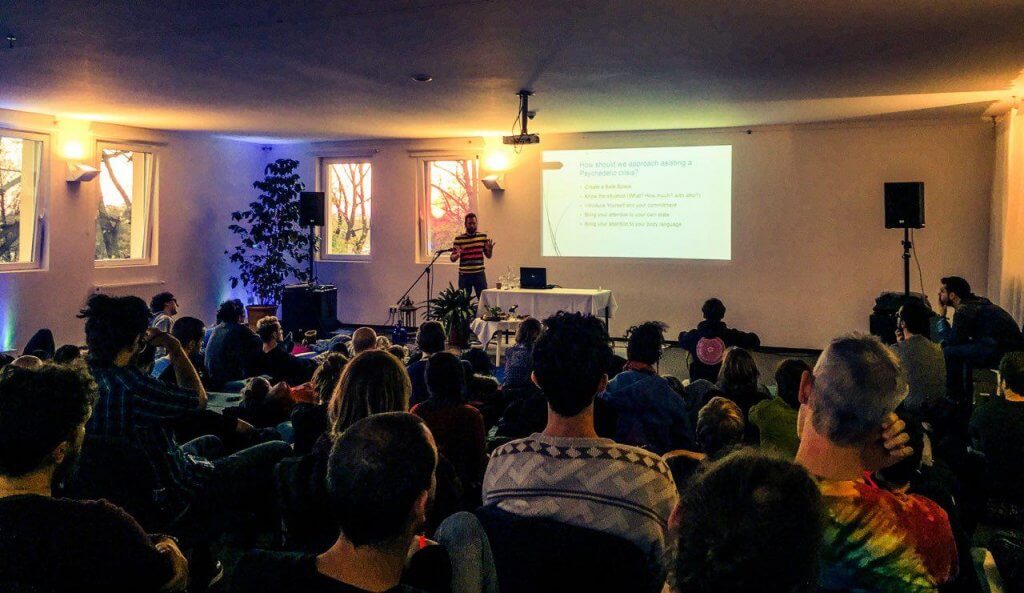
Safe spaces are especially important when it comes to psychedelics, because the same transformative power that allows therapists and patients to work through past traumas in a psychotherapeutic setting, can have negative impacts in a different one. As Yaniv explained, ‘What can be healing in one context can be retraumatizing in another”. With the right assistance, this needn’t be so, and people can safely process challenging experiences that Western culture more often consigns to the therapist’s chair: ‘If you cry in a session with your therapist, you’re not going to say it was a terrible session and ask for your money back. So why should this be different for substances with such immense healing potential?’
Elaborating on the best practices for assisting in a psychedelic crisis, Yaniv drew on the work of the Zendo Project, a non-profit psychedelic harm reduction service sponsored by MAPS, whose aim is to ‘provide a supportive environment and education to help transform difficult psychedelic and psychological experiences into opportunities for learning and growth.’ Dancesafe does similar work within the electronic dance community, as does Kosmicaid in the UK, while Students for Sensible Drug Policy (SSDP) and drugsandme make evidence-based advice accessible to the age demographic most in need of it – the one with the highest prevalence of drug use. Here in England, The Loop has recently achieved success in the field of harm reduction, bringing drug testing to clubs and festivals, helping people to educate themselves about what adulterants are in the substances they may choose to take.
Looking ahead to the new year, the Beckley Foundation’s upcoming report – ‘Roadmaps to Regulation: Psychedelics’ – will set out how governments can most effectively encourage harm reduction through legal regulation. This would enable us to prioritize education, caution, and keeping one another safe.
Recordings of the talks from Altered Conference will soon be available online here.
Words: Sasha Frost
Podcast
- All
Links
- All
Support
- All
BIPRP
- All
Science Talk
- All
Amanda's Talks
- All
- Video Talk
- Featured
- 2016 Onwards
- 2011-2015
- 2010 and Earlier
- Science Talk
- Policy Talk
One-pager
- All
Music
- All
Amanda Feilding
- All
Events
- All
Highlights
- All
Psilocybin for Depression
- All
Current
- All
Category
- All
- Science
- Policy
- Culture
Substance/Method
- All
- Opiates
- Novel Psychoactive Substances
- Meditation
- Trepanation
- LSD
- Psilocybin
- Cannabis/cannabinoids
- Ayahuasca/DMT
- Coca/Cocaine
- MDMA
Collaboration
- All
- Beckley/Brazil Research Programme
- Beckley/Maastricht Research Programme
- Exeter University
- ICEERS
- Beckley/Sant Pau Research Programme
- University College London
- New York University
- Cardiff University
- Madrid Computense University
- Ethnobotanicals Research Programme
- Freiburg University
- Medical Office for Psychiatry and Psychotherapy, Solothurn
- Beckley/Sechenov Institute Research programme
- Hannover Medical School
- Beckley/Imperial Research Programme
- King's College London
- Johns Hopkins University
Clinical Application
- All
- Depression
- Addictions
- Anxiety
- Psychosis
- PTSD
- Cancer
- Cluster Headaches
Policy Focus
- All
- Policy Reports
- Advisory Work
- Seminar Series
- Advocacy/Campaigns
Type of publication
- All
- Original research
- Report
- Review
- Opinion/Correspondence
- Book
- Book chapter
- Conference abstract
- Petition/campaign
Search type
